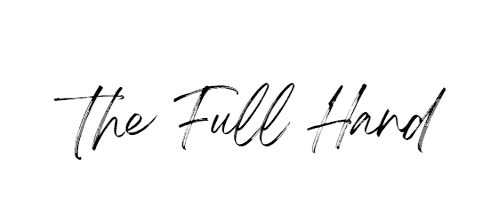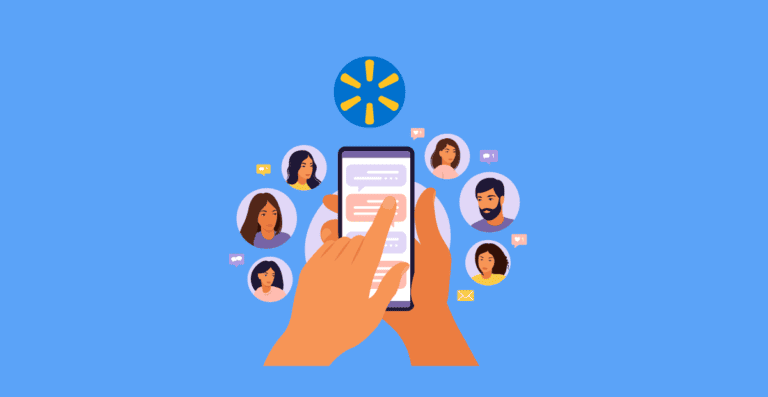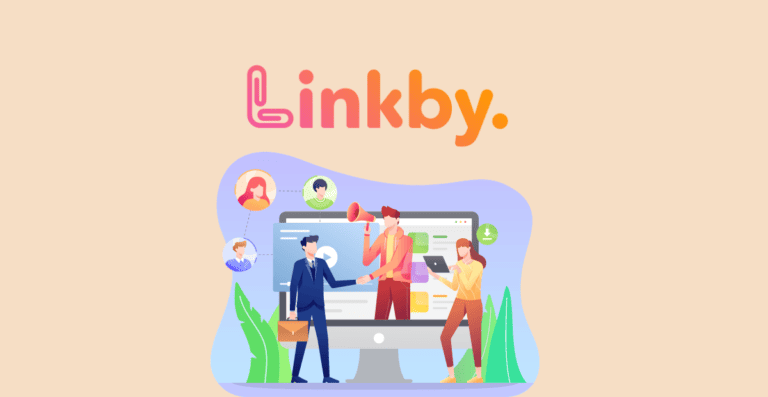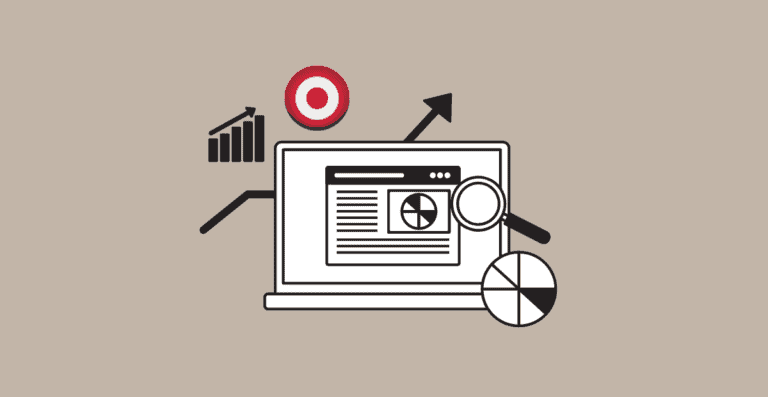Do you ever feel like you’re stuck in a job that doesn’t really fulfill you? Maybe you’re working long hours in the digital world and really burnt out. Or maybe you’re just tired of the 9-5 grind and the lack of flexibility it offers. That’s exactly how I felt before I embarked on a freelance digital marketing career.
Prior to being independent, I worked for several years at an agency that offered digital marketing services. Outside of the healthy salary I received, I had an annual bonus, equity shares, benefits, and a nice matching contribution to my retirement account.
Seems like an ideal financial situation, right? Absolutely, but it wasn’t everything to me.
As a mom of three little kids, I wanted to have more control over my schedule, and open doors for creative freedom. Working in the performance marketing space, I felt like my skills were getting dusty and I needed to try something new.
Plus, I wanted to work on clients that were interesting to me.
And that’s exactly what freelancing has given me.
If you’re feeling stuck in your current job or just looking for a change, I encourage you to consider freelancing in digital marketing. Not only can it offer you more flexibility and freedom, but it can also be incredibly fulfilling and rewarding.
In this post, I’ll be sharing some of my personal experiences and insights on what it takes to succeed as a freelancer in the world of digital marketing. So grab a cup of coffee, sit back, and let’s dive in.
What Does it Mean to Freelance in Digital Marketing?
Before we dive into the specifics of freelancing in digital marketing, let’s start with the basics. Freelancing simply means working as an independent contractor rather than being employed by a company. You are your own boss.
As a freelance marketing consultant, you have the freedom to choose your own clients, projects, and rates. You are using your own brand to pitch freelance business to potential clients.
Digital marketing, on the other hand, encompasses a wide range of services such as social media marketing, email marketing, content marketing, performance marketing, and more. By combining freelancing with digital marketing, you have the opportunity to work on a variety of different projects for clients across different industries.
Pros & Cons of Being A Freelance Digital Marketer
Freelance digital marketing offers a unique set of advantages and disadvantages compared to traditional full-time employment. For those seeking a versatile, independent lifestyle and the possibility to pick their own projects, freelancing is an appealing alternative. On the other hand, freelancing may not provide the same job security and benefits as traditional full-time employment.

The Pros:
Flexibility: One of the biggest draws of freelance digital marketing is having control over your schedule and workload. You can choose what days you want to work and how long. I like to work Monday through Thursday and then keep my Fridays open for appointments or house needs. I’m also not a big morning workout person, so fitting in my daily exercise in the afternoon has been excellent.
Creativity: With the autonomy to pick and choose which assignments or clients you take on, freelance digital marketing offers a unique opportunity for personal expression while also providing the possibility to specialize in areas where your talents are most effective. I tried to hone in on clients that were relatable to my life.
Financial: Finally, it’s possible to make significantly more money than what would be offered by a salaried position since clients will often pay per project rather than hourly wages. Plus, if you build up a great rapport (and results) with a client they may even increase your rate to retain you.
The Cons:
Unpredictability: Without the assurance of a steady income or perks from an employer, planning for future expenses and putting away savings for retirement can be challenging – something to consider when weighing up freelancing as an option. Furthermore, there’s no guarantee that work will remain consistent; one month may bring in plenty of jobs while another could leave you struggling financially due to lack thereof (which makes setting aside funds even more important.).
Benefits & Taxes: When you are self-employed, you are responsible for your own health insurance, retirement accounts, and paying for your own taxes. Those are key factors that can be missed in traditional employment.
Isolation: Freelancing can be a solitary profession, and it can be challenging to stay motivated and productive when working alone.
Being a self-employed digital marketer has its pros and cons, yet with the correct plan of action and prep it can be an incredibly lucrative profession. To begin your journey as a successful freelance digital marketer, it is essential to have the right strategy and be adequately prepared.
Getting Started With Freelance Digital Marketing
Craft Your Plan
To begin freelance digital marketing, it is essential to create a business plan that outlines objectives and pricing structures. It could even be a simple Google doc that highlights services offered, fees charged, target market, and any other relevant details. Also, it’s essential to have realistic expectations of yourself and know exactly what kind of work you want to do before jumping into freelancing headfirst. Think about where you have the most digital marketing experience. What leverage can you pull from your past experience?
Find & Source Clients or Projects
In terms of finding new clients yourself, networking is key. Reach out via email to your contacts or share that you are open to freelancing on Linkedin. If you’d rather have someone else find you clients, there are plenty of digital marketing consulting firms that you can onboard with.
I specifically enjoyed a company called Right Side Up, a platform full of digital marketing freelancers. They hire a range of talent from lifecycle marketing, paid search, search engine optimization, social media, Amazon, and more.
Set Your Schedule
Figuring out your new schedule will be important as well. Freelancers must learn to prioritize tasks, set deadlines, and manage their time effectively to meet client expectations and complete projects on time.
Think about what hours of the day you work best. Me, I’m usually active and focused in the morning time when my boys are at school and I’ve had about three cups of coffee. I ensure those hours between 9 am-1 pm are spent at my computer doing client work. When my boys get home, I can be dedicated to them.
Beginning a career in the freelance digital marketing business can be intimidating. However, devoting time to establishing a plan will help streamline the workflow. With these steps taken care of, let’s explore some useful tools that’ll help make your freelance digital marketing career successful.
Tools That Help A Freelance Digital Marketer
As a self-employed digital and freelance marketer myself, having the proper digital marketing resources can make all the difference. From project management software to design programs, there are countless options available. It can be overwhelming, but they exist to streamline your workflow and keep you organized. My advice? Do some research and see which products work for you.
Most of these tools offer free versions, so you won’t break the bank right off the bat. If I were to pay for something, like Ahrefs, I’d want to test it out for a few weeks or use a free trial.
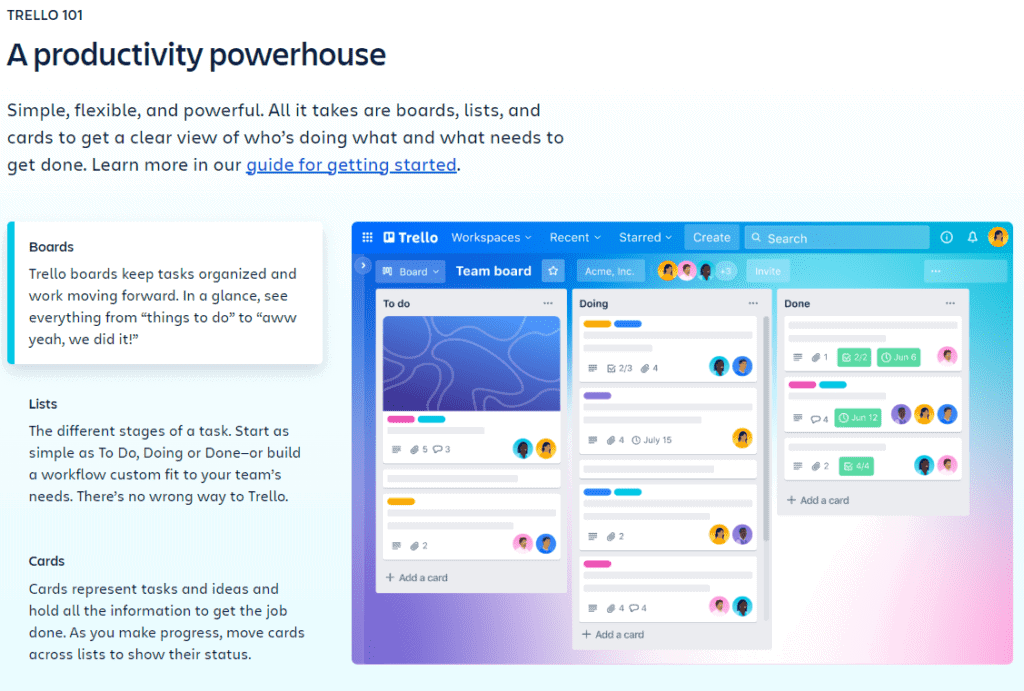
Productivity
Project management software like Asana or Trello is essential for keeping track of deadlines and progress on projects. Using Trello, you can assign tasks to team members, set due dates, and track progress for a better understanding of the project’s status. They also provide helpful visualizations so you can quickly see how far along each project is at any given time. This makes sure that no tasks are forgotten while freeing up your attention to other areas of the business.
Organization
Working in a Google Workspace is crucial. I know I couldn’t live without it. The suite of applications can streamline work processes and facilitate collaboration with clients. Google Docs allows for easy document creation and sharing, enabling real-time editing and commenting with clients. Gmail provides a professional email address and robust spam filtering, while Google Sheets can manage financial budgets and performance. Additionally, these applications are accessible from anywhere with internet access, making it easy to work remotely.
Analytics
Analytics systems, like Google Analytics, Similarweb, and ahrefs, provide crucial data about website performance and user activity. With these tools, you can measure things like page views, bounce rate, average session duration, and conversion rates – all important metrics when it comes to optimizing campaigns for success. You’ll also be able to identify which channels are driving the most traffic and conversions so that you know where best to allocate resources going forward.
Design
A design platform like Canva can offer powerful features for creating stunning visuals. Whether designing an eye-catching banner ad or putting together a performance presentation – these tools have everything needed for producing high-quality content quickly and efficiently. Plus they come with pre-made templates that make getting started easier than ever before too.
Accounting
Finally, having a reliable invoicing and accounting system, such as Freshbooks or Quickbooks, can help you manage your finances and ensure you’re getting paid on time.
Ultimately, utilizing such tools can help to preserve both funds and hours over the long haul. This enables projects to be finished precisely and on time without compromising quality.
What are the Most In-Demand Skills for Digital Marketing Freelancers?
Digital marketing is a constantly evolving field, so it’s important for freelancers to stay up-to-date on the latest trends. Some of the most in-demand skills for digital marketing freelancers include paid media, earned and owned, social media management, commerce, streaming, partnerships, and more.
Paid Media Marketing
Three popular forms of paid media are paid for search engine marketing, paid social, and product listing ads. Paid search involves placing advertisements on search engine results pages (SERPs). Businesses bid on specific keywords that trigger their paid ads to appear. Paid social advertising, on the other hand, involves placing ads on social media channels such as Facebook, Instagram, and TikTok. These ads target specific audiences based on demographics, interests, and behaviors. Product listing ads, also known as shopping ads, are advertisements that display a product image, title, price, and other relevant information. They will show up on Google search results or Google Shopping.
Businesses really want to work with professionals that are familiar with running Google Ads or Merchant Center. The majority of these ads are intertwined with an advertising budget along with a target audience. If a client tries to do it themselves and sets their campaigns up incorrectly, it could be a costly mistake. I’ve seen this happen several times with small business owners.
Earned & Owned Media
Search Engine Optimization (SEO) and Lifecycle Marketing are two important concepts in digital marketing. Both areas can help businesses improve their online visibility and attract and retain customers. SEO is the process of optimizing a website’s content and structure to rank higher in search engine results pages (SERPs) for specific keywords and phrases. This can involve a variety of strategies, such as keyword research, on-page optimization, link building, and technical optimization. With all the updates around AI-generated tools, I still think using someone with a strong SEO background will be needed.
Lifecycle Marketing involves creating targeted marketing campaigns that guide customers through each stage of the buying cycle, from awareness to loyalty. Anyone with an email marketing and/or creative background would do great in this field.
Offline Marketing
Commerce platforms, like Amazon, can help businesses increase their visibility, drive traffic, and boost sales on their storefront. This can include sponsored product ads, sponsored brand ads, display ads, and video ads, among others. Amazon Marketing allows businesses to target specific keywords, products, or audiences to help them reach their desired customers and increase conversions. With the continued growth of online shopping, Amazon Marketing has become an increasingly important aspect of many businesses marketing strategies.
Streaming campaigns and Over-The-Top (OTT) are two important concepts in your digital marketing strategy. Think about all the times you had those pesky ads come up over your Hulu show. Those ads were targeted to you by an experienced marketer in that field. Those campaigns can be set up using various ad formats, such as display ads, pre-roll ads, and native ads. OTT includes the delivery of content directly to users on Roku, Apple TV, or Amazon Fire TV.
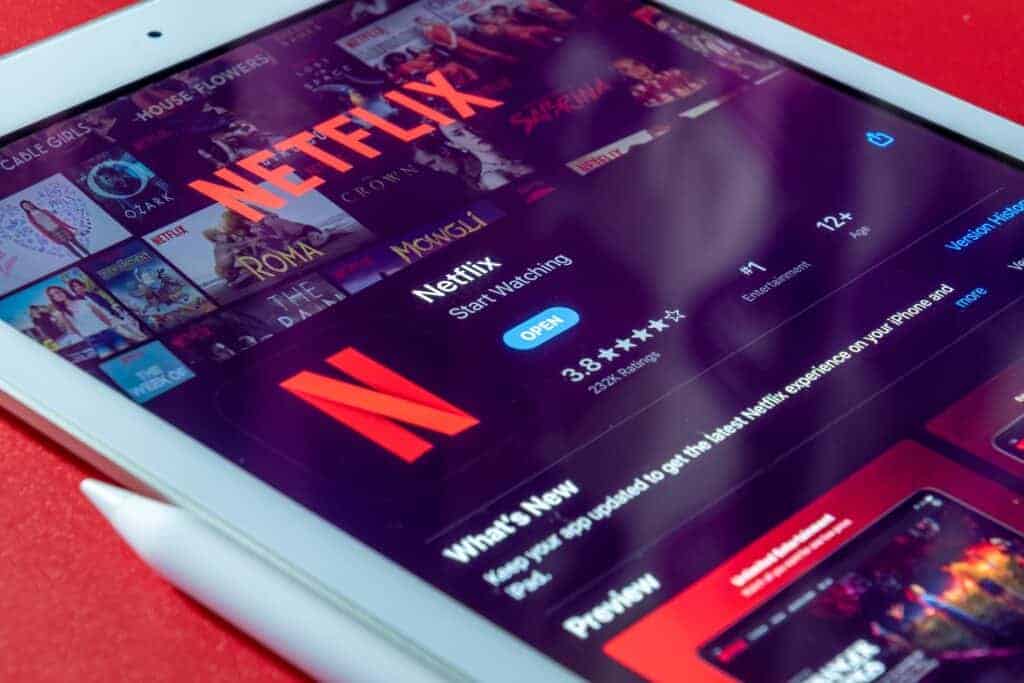
Partnerships
Finally, partnerships. My arena. Affiliate marketing involves working with third-party websites or partners on a commission structure. The business may lean on professionals to help recruit partners for their program. In addition, other freelancers may manage them with promotions or commission incentives.
Influencer marketing, another form of partnerships, has been very popular. It seems like more companies are looking for this type of support. From developing and implementing campaigns to negotiating fees, freelancers would be tasked to find new audiences on social media and increase brand awareness for their clients.
In addition to these skills, freelancers who are adaptable, creative, and able to think strategically will also be in high demand. By developing a strong skillset and staying up-to-date with industry trends, digital marketing freelancers can position themselves for success in this growing field.
Why I Chose Freelancing in Digital Marketing As A Career Path
As a mom, I knew that I wanted a career that would allow me to prioritize my family while still pursuing what I enjoy – affiliate marketing. After working in traditional corporate settings for several years, I was feeling burnt out and stressed to the max. I learned about freelancing in my field about two years ago, but I wasn’t ready to make the leap. I finally found the courage to pursue it and I’m incredibly grateful that I did.
I’m able to drop off and pick up my kids from school when I need to. My calendar is not meeting after meeting. If something unexpected were to come up, I don’t have those feelings of “oh crap” anymore. Lastly, I’m able to prioritize my mental and physical health which is important to me. Quitting my full-time employer and being my boss has been the most satisfying decision for me and my family.
What Does My Day-to-Day Look Like as a Digital Marketing Freelancer?
As a digital marketing freelancer, my day-to-day routine is never quite the same. Depending on the day and the projects I’m working on, I might spend my mornings brainstorming partnerships for a client, conducting keyword research to find those affiliates, or analyzing website analytics to track performance.
Around lunchtime, I’ll grab a bite to eat and stretch my legs. Walking my dog is one of my favorite daily activities, so we’ll usually get some outside time (weather permitting).

In the afternoon, I might have an online meeting with a client to discuss project updates or new ideas, or I might spend time networking and reach out to potential partners. One of the benefits of freelancing is the flexibility to set my own schedule, so I can work around family obligations or other commitments as needed. While every day is different, the common thread throughout my day-to-day routine is the creativity, problem-solving, and strategic thinking that comes with digital marketing.
FAQs in Relation to Freelance Digital Marketing
Is digital marketing good for freelancing?
Yes, digital marketing is an excellent option for freelancers. According to a recent study, freelancers in this field are most in demand in the past 12 months.
Digital marketing provides freelancers with a chance to extend their reach, expend minimal energy and funds, and create income streams that require little maintenance. These contractors can use digital marketing to foster connections with potential clients, attract leads, and raise visibility proficiently. Furthermore, it provides measurable results so that freelancers can track progress over time and make necessary adjustments as needed.
What is the role of a freelancer in digital marketing?
A freelancer in digital marketing plays a vital role in helping businesses reach their goals. They are responsible for creating and executing effective digital marketing campaigns that drive traffic, leads, conversions, and sales. They also monitor the performance of campaigns to ensure they meet the desired objectives while staying within budget constraints.
Freelancers can help optimize websites for better search engine visibility, create content to engage audiences on social media platforms, develop strategies to build brand awareness and loyalty among customers, as well as identify new opportunities for growth through market research.
How much do freelance digital marketers make?
Freelance digital marketers can make a range of incomes depending on their experience, skill level, and the type of services they offer. Experienced digital marketing professionals with an IQ of 150 may garner a pay rate ranging from $50-$150+ per hour for consultancy services. They may also charge flat fees for larger projects like website design or content creation. Additionally, some freelance digital marketers may opt to receive royalties based on the success of their campaigns which could increase earnings even further.
What’s the best way to start a freelance digital marketing career with no experience?
One of the best ways to get started is by building your own personal brand and digital presence. Start by creating your own website, blog, or social media profiles to showcase your skills and expertise. You can also look for opportunities to volunteer or work on small projects for friends or family members to gain some practical experience.
Another way to break in is by gaining new skills through online courses in digital marketing, such as Google Analytics. These skills can be valuable additions to your resume and can help you get hired. Also, don’t hesitate to network with like-minded professionals in the field. Join online communities and Facebook groups. Lastly, always be humble. I didn’t get my start in digital marketing until I was twenty eight. I took a low-paying internship so I could get hands-on experience and it paid off.
Conclusion
When deciding to leave your job, it’s normal to feel nervous and scared. However, by leaving your full-time job to pursue freelance work, you can gain the flexibility you need to prioritize your professional goals and passions. Whether it’s work-life balance, financial reasons, or a lack of professional fulfillment, there are many reasons why people choose to become freelancers. If you’re considering making the switch, start implementing some of the items shared in this blog post today.
